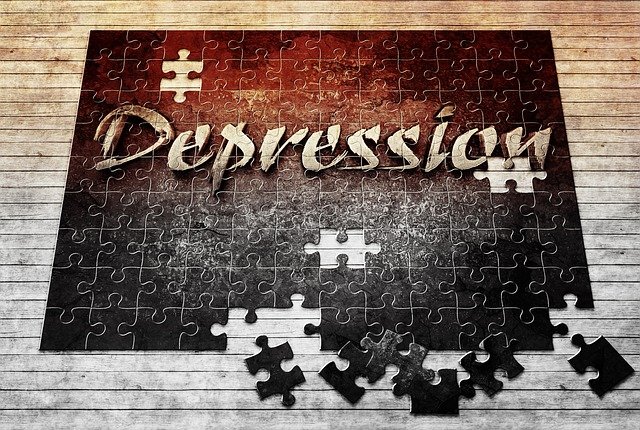Understanding Depression: Causes, Symptoms, and Coping Strategies

Introduction:
Depression is a complex and prevalent mental health condition that affects millions of people worldwide. It goes beyond temporary feelings of sadness and can have a profound impact on a person's daily life, relationships, and overall well-being. This article aims to provide an overview of depression, including its causes, symptoms, and effective coping strategies.
Causes of Depression:
Depression is often caused by a combination of genetic, biological, environmental, and psychological factors. Genetics can make some individuals more susceptible to the condition. Changes in brain chemistry and neurotransmitter imbalances, particularly involving serotonin and dopamine, also contribute to its development. Trauma, chronic stress, major life changes, and certain medical conditions can trigger or exacerbate depressive episodes.
Symptoms:
Depression manifests in various ways, and its symptoms can vary from person to person. Common symptoms include persistent feelings of sadness or emptiness, loss of interest in once-enjoyed activities, changes in appetite or weight, sleep disturbances, fatigue, difficulty concentrating, feelings of worthlessness or guilt, and even thoughts of death or suicide. It's important to note that not everyone with depression experiences all of these symptoms.
Types of Depression:
There are several types of depression, including major depressive disorder (MDD), persistent depressive disorder (dysthymia), bipolar disorder (which includes depressive and manic episodes), and seasonal affective disorder (SAD). Each type has its own distinct characteristics and may require different treatment approaches.
Seeking Help:
If someone suspects they are experiencing depression, seeking professional help is crucial. A mental health professional, such as a psychiatrist or psychologist, can diagnose the condition based on a comprehensive assessment. Treatment options may include therapy (such as cognitive-behavioral therapy or psychotherapy) and, in some cases, medication.
Coping Strategies:
Managing depression involves a multi-faceted approach. Alongside professional treatment, individuals can adopt coping strategies to improve their mental health. Regular exercise, a balanced diet, sufficient sleep, and stress reduction techniques like mindfulness or meditation can have positive effects. Building a strong support system by confiding in friends and family is also valuable. Engaging in activities that bring joy, setting achievable goals, and maintaining a routine can provide structure and a sense of purpose.
Conclusion:
Depression is a serious mental health condition that affects people across all walks of life. By understanding its causes, recognizing its symptoms, and utilizing effective coping strategies, individuals can take steps toward managing and overcoming depression. Remember that seeking help is a sign of strength, and with the right support and treatment, many individuals can experience relief and improved well-being.
